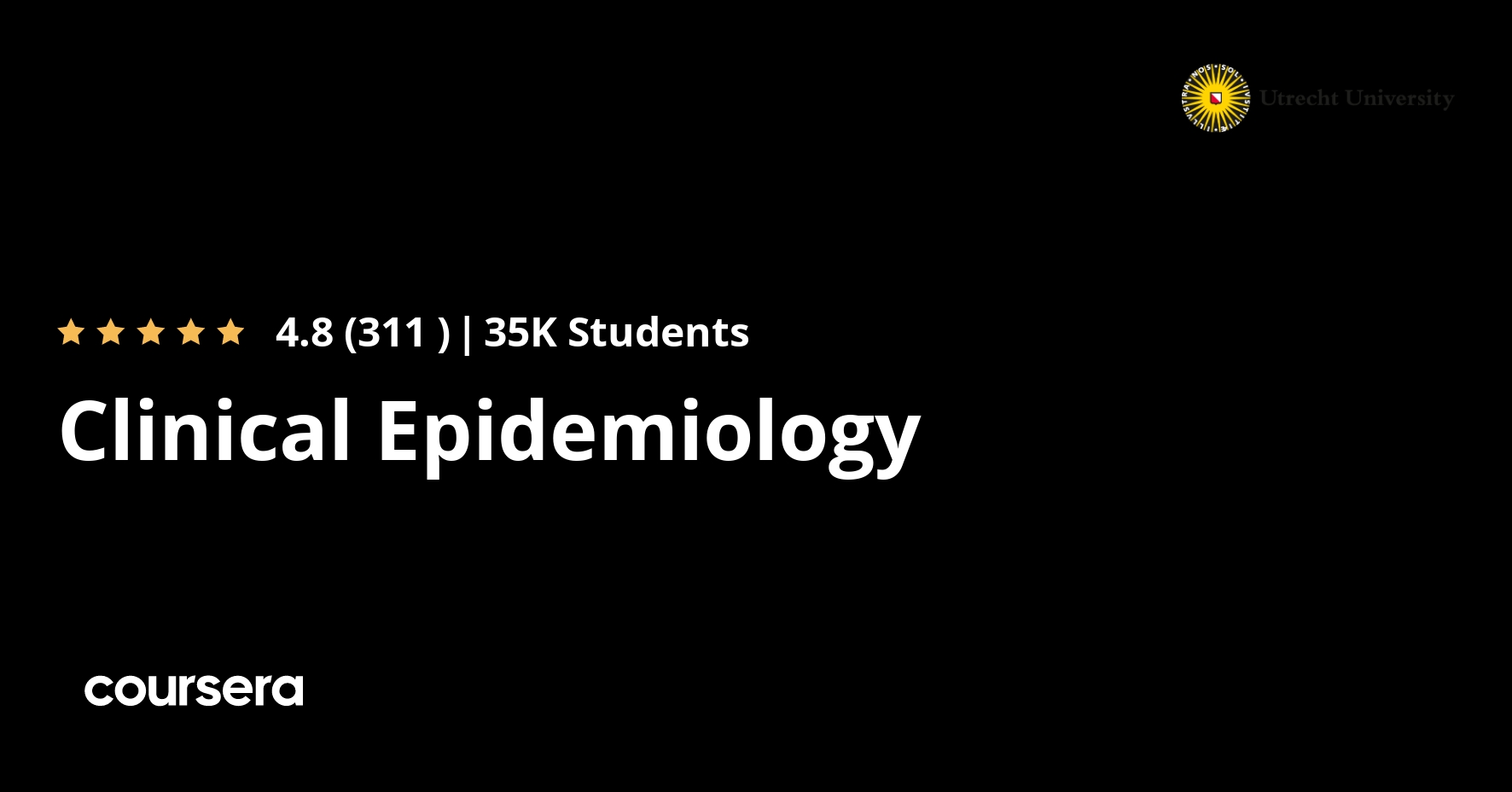Description
Evidence forms the basis of modern medicine. Clinical research provides us with this evidence, guiding health professionals towards solutions to problems that they face in daily practice. Transferring existing problems in medical practice to a research setting is a challenging process that requires careful consideration. The practice of clinical epidemiology aims to address this through the application of established approaches for research in human populations, while at all times focussing on the problem at hand from a clinical perspective.
This course teaches the principles and practice of clinical epidemiology, drawing on real problems faced by medical professionals and elaborating on existing examples of clinical research. Medical researchers will lean how to translate real clinical problems into tangible research questions for investigation, gaining insight into some of the most important considerations when designing an epidemiological study along the way.
Core concepts will be introduced along four key themes: diagnosis, prognosis, treatment and etiology. Followers of this course will develop their understanding of the topics addressed through lectures from experts, peer interaction and review assignments.
What you will learn
About the course
Welcome! Here you will find general information about the course. The learning objectives, the structure, the format and the requirements of completion will be presented to you.
Introduction to Epidemiology
The course will kick off with a brief introduction to some of the key concepts in epidemiological research. We will warm up with two introductory lectures, followed by a small by assignment, before diving further into the field of epidemiology from a clinical context.
Diagnostic Research
This week we begin at the start of the DEPTh model: Diagnosis and diagnostic research. Through a series of lectures, you will come across familiar challenges in the area of diagnosis and discover how these problems can be addressed by clinical research.
Prognostic Research
This week you will be introduced to the challenges of evidence-based prognostication: how can we best predict the course of a patient’s health? You will learn this week how this kind of question can be addressed through epidemiological research, becoming familiar with how prognostic tools can be developed for use in guiding clinical decisions.



